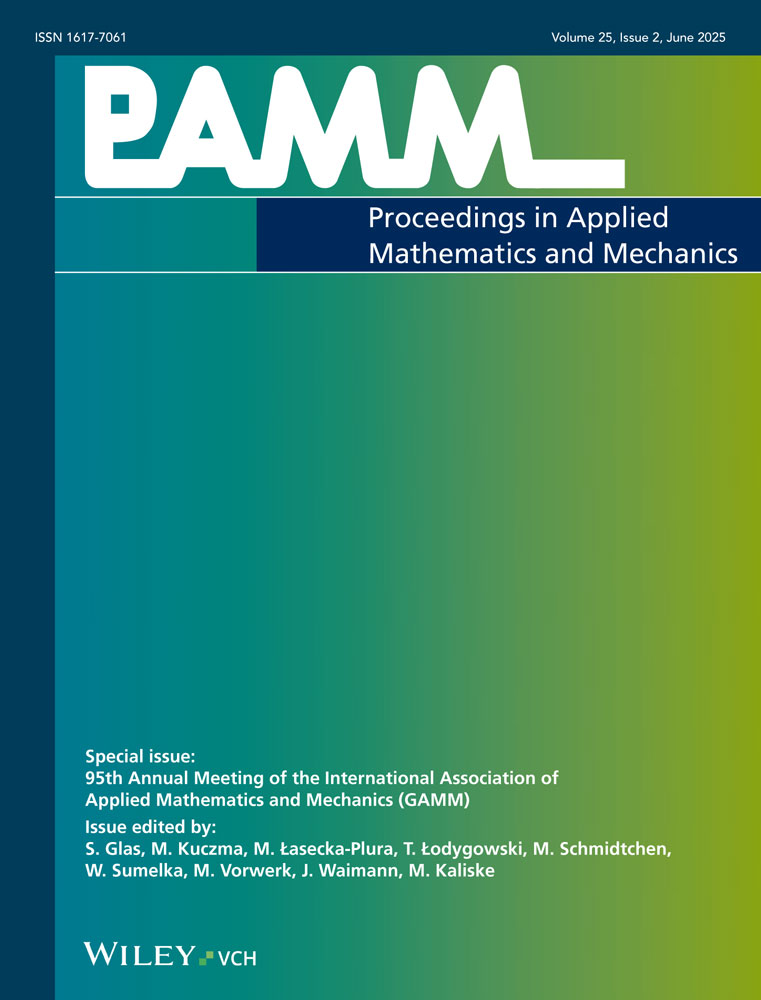Bayesian inference of linear time-varying systems based on Hilbert-Huang transform
Abstract
This paper proposes an identification method for general linear time-varying (LTV) MDOF systems (including chainlike and non-chainlike systems) based on the Hilbert-Huang Transform (HHT). First, by using Bayesian Inference and a Transitional Markov Chain Monte Carlo (TMCMC) algorithm [1], initial knowledge about the system responses and the white noise in system responses is updated based on measured system responses, which yields the posterior distributions of the noise parameters. Second, each sample system responses are obtained from the posterior distribution and are processed by HHT in order to obtain intrinsic mode functions (IMFs) and the residue as well as the corresponding analytical IMFs and the analytical residue for system responses of each DOF. Finally, the above analytical signals for each DOF are summed respectively to form new analytical responses for each set of sample system responses, which are then used in the identification equations [2] to identify the distributions of system parameters. The proposed method is applied to chainlike and non-chainlike LTV systems with three types of stiffness variations: smooth, abrupt and periodical variations. The effectiveness and accuracy of the proposed method on 1DOF and 2DOF systems is discussed in numerical simulations. System responses are perturbed by white noise, and the identified results demonstrate the robustness of the method. (© 2012 Wiley-VCH Verlag GmbH & Co. KGaA, Weinheim)




